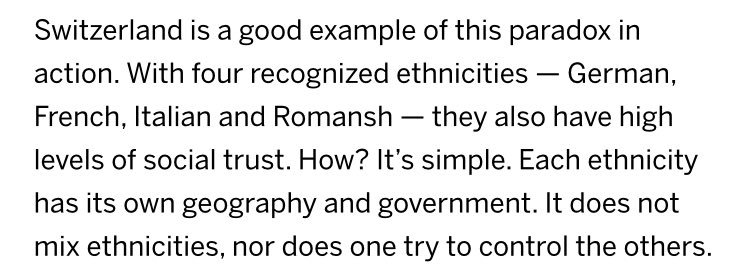The original term was "evidence-based medicine" and was meant to represent the intersection of clinical judgment, patient values & preferences, & relevant scientific evidence. Here's a primary source:
Then psychology (ever-ready to be medicine’s handmaiden) sought to adopt the term, so psychology too could sound more evidence-y and science-y.
This is why we now have the absurdity of the American Psychological Association @APA speaking out of two sides of its ass, simultaneously promoting
The tension was inherent in the @APA's 2006 policy statement, "Evidence Based Practice in Psychology" which is
In fact, the two sets of guidelines—clinical practice vs. professional practice—advocate contradictory agenda, with the former exclusively promoting instruction-manual
In the end, it's not science. It's PR and politics.



